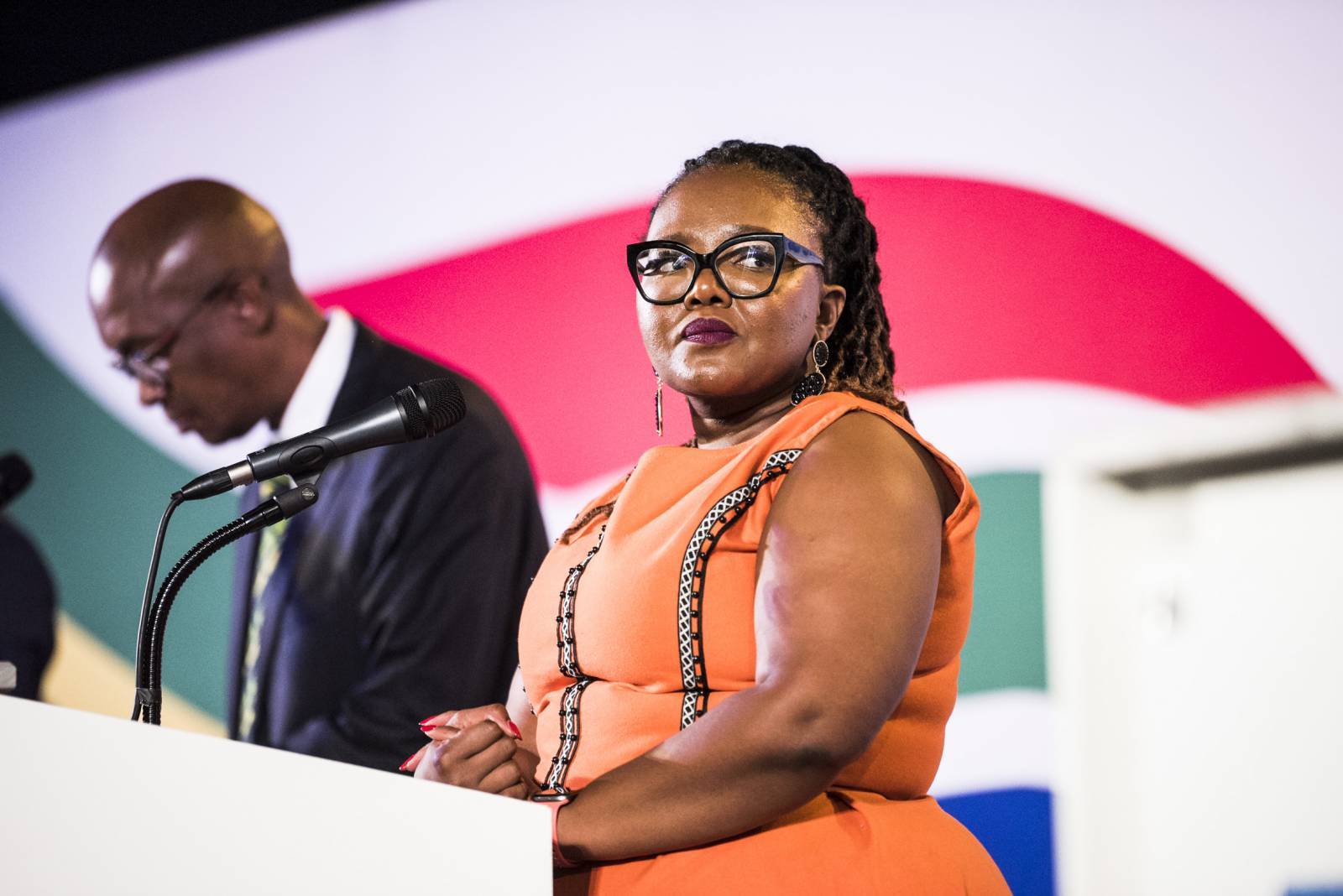Bwinja Bwinja points his digital camera at a ripped election poster of presidential hopeful Jean-Pierre Bemba and snaps away. The 12-year-old boy’s camera has given him a special role in the Democratic Republic of Congo’s historic election.
At night he sleeps with his 10 brothers and sisters in a freight container and an old bus burned and caked in lava from a 2002 eruption of the nearby Niyarongo volcano in this eastern Congolese city.
But by day, Bwinja Bwinja takes pictures to document the run-up to the voting day intended to set his vast, volatile country — impoverished and scarred by five years of war — on the road to stability.
”The idea was to see the elections through the eyes of a person who is not old enough to vote and who has no ideology,” says Sekombi Katondolo of the non-government group Yole! Africa, organising the photography project.
In June the group, in a project supported by the Belgian production company Balthazar, gave digital cameras to three boys aged 12 to 15, chosen from among DRC’s poorest families.
Since then, the boys have been taking pictures of the country as it prepared for its first full multiparty elections in 46 years. The results will be exhibited in Brussels in May next year.
”The elections are an opportunity. We have a job to do,” said 15-year-old Tonton, another of the boys given a camera by Yole! Africa, who have since earned the nickname ”the paparazzi”.
After July’s first-round presidential vote, the decisive run-off between current President Joseph Kabila and his rival Bemba takes place on Sunday at the end of an often tense electoral process that has been marred by violence.
One of Bwija Bwija’s photographs shows pedestrians filing past beneath an electoral billboard of Kabila, who took over as president of his country in 2001 after the assassination of his father.
The experiment with the cameras, which also aims to help boys like Bwija Bwija integrate into society, has its critics.
”People say, what good is it to give them cameras if they have nothing to eat and if they are poorly clothed?” said Sekombi. ”That touched us. [So] we bought them clothes and soap so they could wash, and we fed them.”
As Bwinja Bwinja photographs Bemba’s poster, other boys, one with bananas balanced on his head, stop to stare in surprise, then stand behind him to peer at the images displayed on his digital device.
”Later, I would like to take photos or make films to improve my life,” says Bwija Bwija, who wears a belt tightened double around his skinny waist. ”The first thing I will do when I have money is buy a camera.” – AFP



